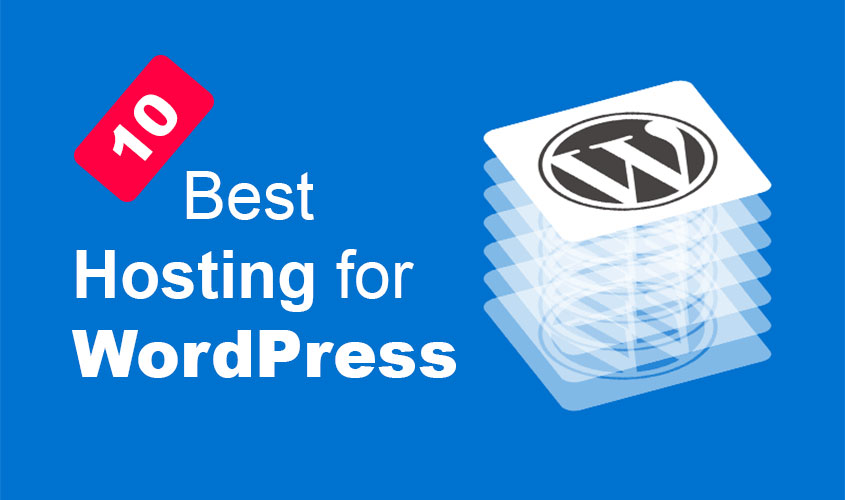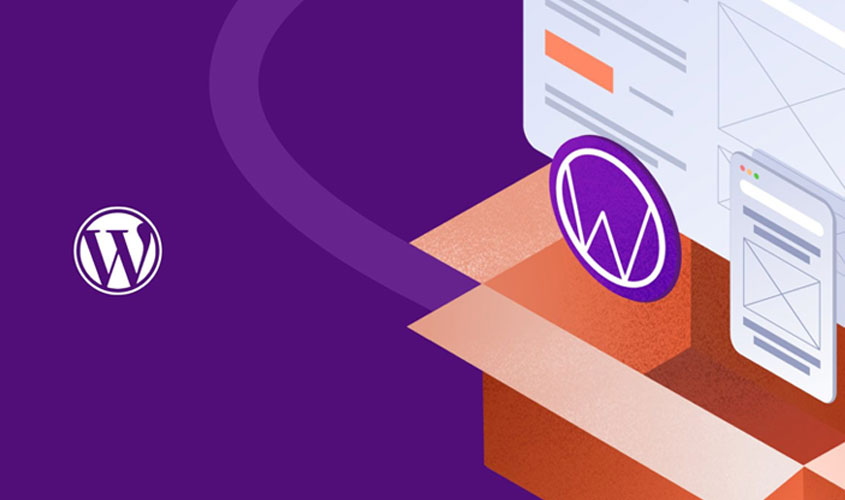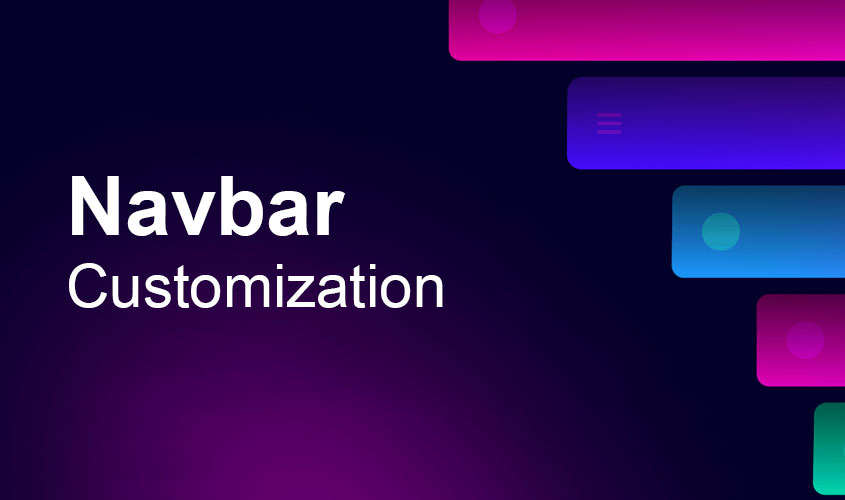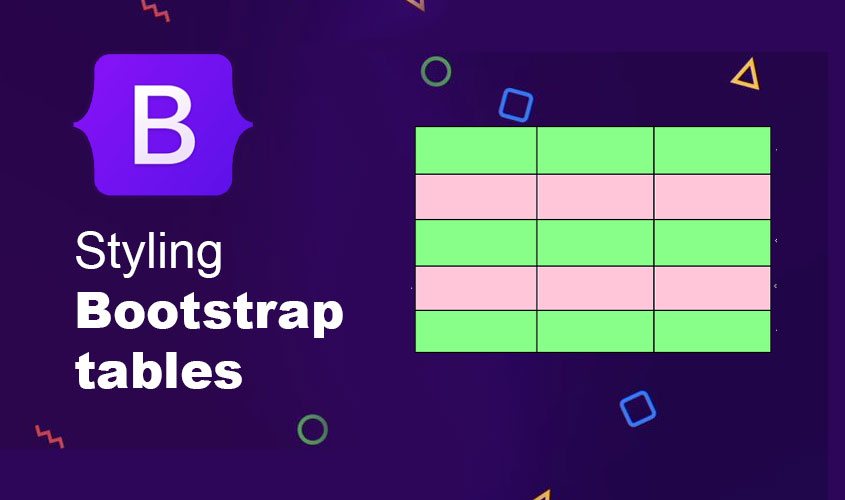Laravel is a popular open-source PHP web framework used for developing web applications. It provides a range of tools and libraries that make it easier to build, test, and maintain web applications.
Here are some of the main uses of Laravel :
- Web application development: Laravel is primarily used for developing web applications, including complex enterprise-level applications and simple content-based websites. It offers a range of features for routing, middleware, authentication, caching, and more, which makes it easier to build secure and scalable web applications.
- Rapid application development: Laravel offers a range of pre-built tools and libraries that help developers to quickly build applications without having to write code from scratch. This includes features like Blade templating engine, Eloquent ORM, and Artisan command-line interface.
- RESTful API development: Laravel is also popular for building RESTful APIs, which allow different systems to communicate with each other. It provides features like resource controllers, route model binding, and middleware that make it easier to develop and test APIs.
- E-commerce development: Laravel has several packages and integrations that make it easier to develop e-commerce applications. This includes packages like Cashier for handling subscriptions, and Spark for building subscription-based software as a service (SaaS) applications.
- Content management systems: Laravel can be used to build content management systems ( CMS ) that allow users to create, manage, and publish content on websites. Several popular CMS platforms like OctoberCMS and PyroCMS are built on top of Laravel.
- Authentication and authorization: Laravel provides built-in authentication and authorization features that make it easy to secure web applications. This includes features like user registration, password reset, role-based permissions, and more.
- Testing: Laravel has built-in support for testing, which allows developers to write unit tests, functional tests, and integration tests for their applications. This makes it easier to catch bugs and ensure that applications are working as expected.
- Queues and tasks: Laravel provides a simple and flexible queue system that allows developers to queue tasks and execute them in the background. This can be useful for processing long-running tasks, sending emails, and more.
- Artisan CLI: Laravel has a built-in command-line interface called Artisan, which provides a range of helpful commands for managing web applications. This includes commands for creating database tables, generating code, running tests, and more.
- Community and ecosystem: Laravel has a large and active community of developers, who contribute to its development and create a wide range of third-party packages and integrations. This makes it easier to find solutions to common problems and extend the functionality of Laravel.
In summary, Laravel is a powerful and flexible web framework that is used for building a wide range of web applications. Its features, tools, and community make it a popular choice for developers who want to build scalable, secure, and maintainable web applications.











